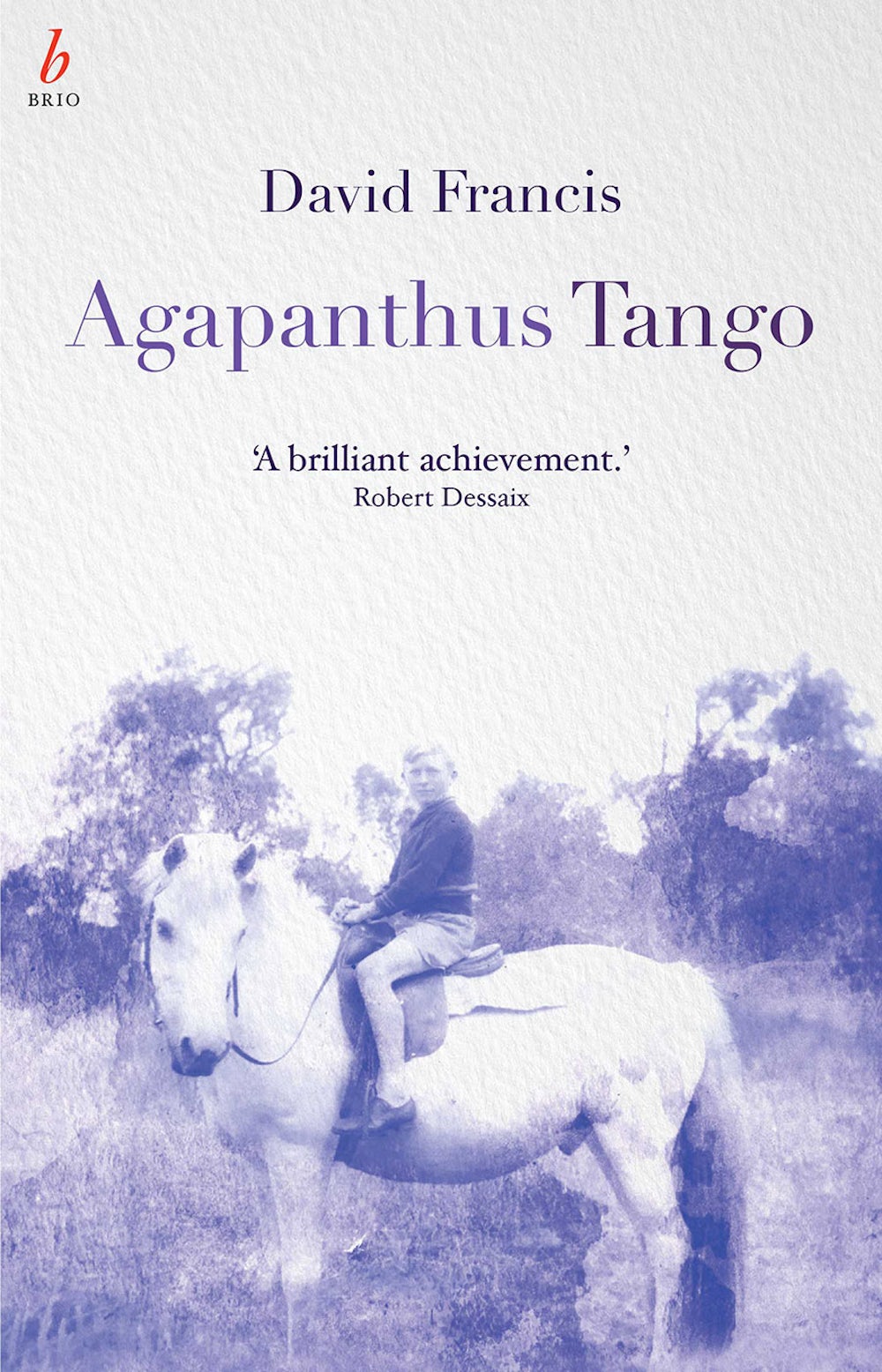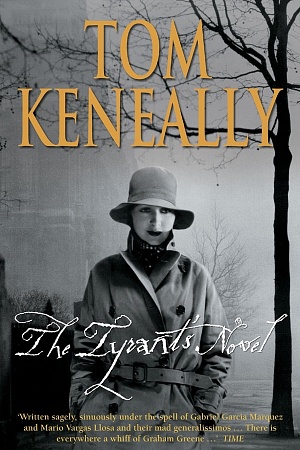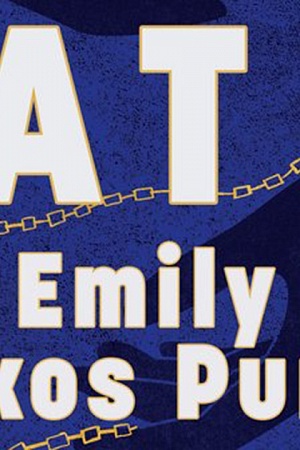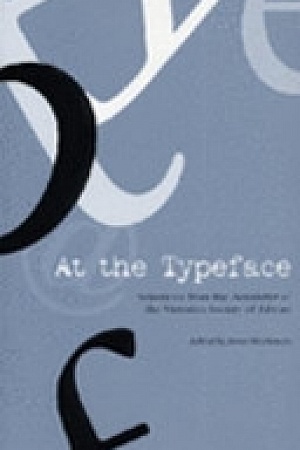Agapanthus Tango
Fourth Estate, $22.95 pb, 231 pp
A Dramatic Debut
Neither the agapanthus nor the tango is native to Australia: their juxtaposition, when an Argentinian man and the Austrian woman he possibly loves dance amongst the plants on a remote property in the Riverina, suggests the kinds of familiar patterns we are dealing with here. Like their dance, the dancers are displaced; they find the Australian bush alien; they have endured disappointments in getting here, and one of them is going to go mad as a result. ‘Agapanthus tango’ is a conceit, a contradiction that represents the nonsensicality (to foreign sensibilities) of Australia.
These are ideas of which we have seen a great deal in recent Australian writing. Yet this novel for the most part steers round the clichés. It is a strange and exciting blend of elements that seem always fresh. Whenever it threatens to become too baroque for its own good, it moves on, the usually sure prose leading us quickly away into something new.
The book opens startlingly enough as the narrator watches a young woman exercising a horse on the Delaware Shore. It is 1955. Short segments are intercut with what is apparently an earlier scene, as the narrator looks on as his mother lies dying, strapped down to a bed by his father, on their Riverina property. Then, his mother dead and buried without ceremony, the narrator, now twelve, finds himself under the bed as his father takes solace from a young woman who works on the property with the horses. Soon, the boy flees.
As the soil is heaped on the hessian-wrapped body of the narrator’s mother, who was once an opera singer in Vienna, we could be back in the weirdly melancholy bush we know so well. And the young boy fleeing an oppressive father (whom, it turns out, the son has terribly wounded), puts us in the familiar territory of fairy tale. Yet events on the Delaware Shore keep reminding us that this will be no bush yarn, that there is always more going on.
In this part of the story Callie, the woman riding the horse, is obscured by fog and then reappears, without the horse. It has swum out to sea, Callie throwing herself from it and swimming back in. As Callie and the narrator drive away, leaving the drowned horse washed up on the beach, they have this exchange:
‘What’ll you tell Mrs Voumard? ‘ I ask her.
‘I’ll tell her he couldn’t swim,’ she says ...
‘I can’t swim either,’ I tell her.
‘You didn’t grow up around water,’ she says.
‘Neither did the horse,’ I say. I put my foot up on the glove box and look at the trees.
The narrator asks Callie if she thinks about dying: ‘I’ll have time to think about that when I’m dead,’ she replies, before noting, apparently randomly, that her father has had time to think about it, having been dead six years. The narrator remarks that he does not know whether his own father is still alive. ‘When I think of him dead,’ he reflects to himself, ‘it’s dragged from a horse through a tussocky paddock, his foot twisted up in the stirrup, the side of his face bumped through the sand then draped in dirt as the horse stands still at a trough.’ It is page twenty-four and this novel is flying.
The deadpan exchanges of Callie and the narrator are typical. The style throughout is flat, cool, yet descriptive enough when necessary. There is a good balance between deadpan observation and action, and the temptation to balance cool prose with exaggeratedly violent events is resisted. This is, in fact, a violent book, but its emotional extremes and revelations are released in an understated way. With its floating horses, its opera diva left to her lonely death in the bush, a drowned man found up a tree with his horse when the water subsides, this is a book that could have gone gothic yet manages to keep that in check too. Its revelations emerge for the most part quietly, without gothic histrionics. There are moments when it seems that it might all go out of control, when the lure of the baroque bush tale seems as if it might be too much. But Francis pulls back successfully from this temptation.
Agapanthus Tango may reveal some of the hallmarks of the first novel, in its simple structure, its experiment with basic fairy-tale elements, and a small cast of characters. But this book has far more assurance than most first novels. It is a very successful and original debut. It represents what might be a growing trend, in which the period after World War II has become as interesting to Australian writers as the period before and after Federation always has been.









Leave a comment
If you are an ABR subscriber, you will need to sign in to post a comment.
If you have forgotten your sign in details, or if you receive an error message when trying to submit your comment, please email your comment (and the name of the article to which it relates) to ABR Comments. We will review your comment and, subject to approval, we will post it under your name.
Please note that all comments must be approved by ABR and comply with our Terms & Conditions.